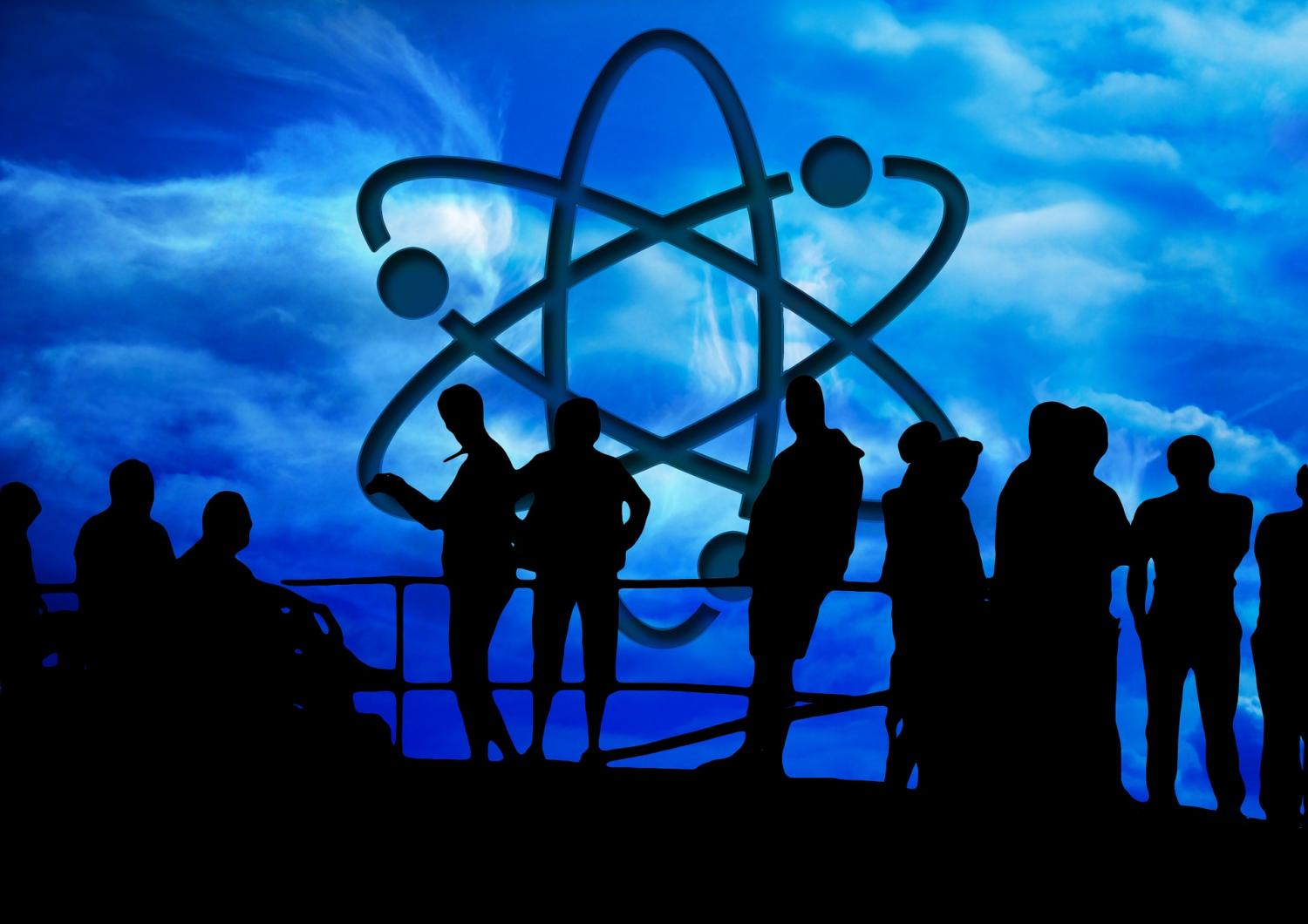Introduction
This course provides insight into how engineering might change and how engineers can think differently about sustainability within their organizations, and about the challenges posed by ‘unsustainability’. It will enable participants to identify organizational risks and engineering changes required to increase organizational resilience, and to build prosperity, stability and security.
Future presents challenges and opportunities for engineers interested in sustainability and in achieving the capacity for long term continuity. Energy systems will look very different due to the impacts of constrained resources on nearly all aspects of life. Climate change also forces a consideration of different approaches to engineered systems.
This course will feature:
- Historical context of Sustainability, Un sustainability, and Energy systems
- Key challenges, risks and future scenarios for participants own organizations
- Fundamentals of the “Transition Engineering” approach
- Engineering tools for Transition Engineering
- Opportunities presented by sustainability for your own organization
Objectives
By the end of this course, participants will be able to:
- Articulate and evaluate key sustainability challenges to their own organization
- Apply the Transition Engineering process to organizations or activities
- Identify business risks of unsustainable activities and external trends
- Evaluate the costs and benefits of transition products and services
- Use strategic analysis to develop business opportunities
Training Methodology
This course uses a variety of proven learning techniques to ensure maximum understanding, comprehension and retention of the information presented. This includes a course manual, suggested reading before and after the course, tutor presentations, individual and group exercises, video, group discussion and homework, and workshop of guided problem-solving for the participant’s own organizations
The course will be highly interactive and will challenge delegates to think differently about sustainability and to change their frame of reference to transition. The tutor will facilitate and guide delegates to apply the learning, and their understanding of their own organizations, to synthesize solutions to old and new problems.
Who Should Attend?
This course is suitable to a wide range of technical professionals but will greatly benefit:
- Those who are involved at any level in functions of engineering, quality or environmental management, or in any energy-dependent functions of the organization
- Engineering and Technical Personnel involved in energy management, product development, logistics, procurement, transportation and energy efficiency
SEMINAR OUTLINE
DAY 1
Introduction and Historical Background of Sustainability and Unsustainability
- Sustainability; the capacity for continuity into the long term future
- Safe operating spaces and “unsustainability”
- The importance of energy in human systems
- Historical background to current global challenges
- Historical responses to unsustainability
- Overview of global problems of unsustainability
DAY 2
Future Scenarios and Introduction to Transition Engineering
- EX The unsustainability challenges facing my organization
- Examples and use of future scenarios
- The challenge of energy return on energy invested (EROI)
- The problem of exponential growth
- The relative usefulness of existing future scenarios for my organization
- Introduction to the Transition Engineering approach
DAY 3
Engineering, Change, and Thinking Differently
- The role and responsibility of engineers in the change process
- Path break concepts; envisioning a sustainable future
- Sustainable models for economic activity and capital
- Achieving resilience to external change
- Examples of organizations that have made path-break changes for sustainability
- Back-casting – working out how to get to where you want to be
DAY 4
Making it Happen - Planning a Program of Change
- System thinking for change towards sustainability
- The survival spectrum
- Sustainability Principles - The Natural Step
- Value Analysis
- Creating a vision of future success
- Trigger Events – external and internal events that help avoid undesirable inertia
DAY 5
Tools for Analysis and Action Planning, Assessment
- Core and non-core activities and how to treat them
- From “More newer faster bigger” to “better”
- Stakeholder analysis and engagement in change
- Strategic analysis of unsustainability risks
- Energy auditing – using the ISO 50001 model to assess vulnerability
- Assessment; multiple choice test

